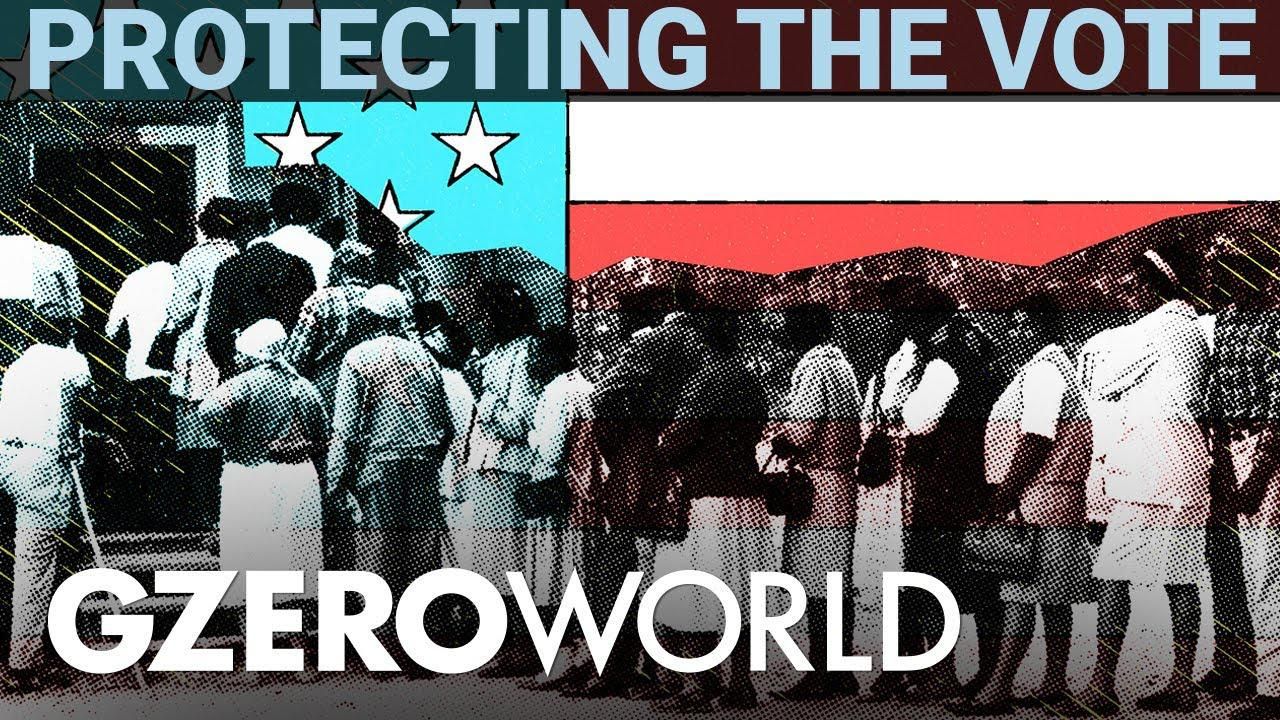GZERO World Clips
The history of Black voting rights in America

The History of Black Voting Rights in America | GZERO World

Until 1965, Black Americans who wanted to vote first faced faces unanswerable poll questions, and later equally tough literacy tests.
The Voting Rights Act banned these and other forms of overt voter suppression. But in 2013, the Supreme Court struck down a key provision of the law, requiring states to get prior federal approval to tweak their voting laws for racial discrimination.
The ruling has allowed dozens of states to pass increasingly restrictive voting laws targeting minority groups with measures like bolstering voter ID, eliminating polling places, and rolling back mail-in voting.
But things aren’t always so black and white, or blue and red, Ian Bremmer explains on GZERO World. Georgia is now ahead of New York on expanding early voting and no-excuse absentee ballots.
There are many reasons why Black voters turn out less than white Americans, and not all have to do with voter suppression. Still, progressive leaders worry restrictive laws will (further) widen the gap.
The upcoming 2022 midterm elections will be the first major test of these new voting laws. That is, unless Democrats pass new voting rights legislation — but the bill will die on the Senate floor.
41.5%: The proportion of Havana’s garbage trucks that were operational this month, according to state-run media, as Cuba’s fuel crisis prompts a garbage crisis.
Sovereignty has become one of the most powerful, and least defined, words in tech policy. At the 2026 Munich Security Conference, SAP global head of government affairs, Wolfgang Dierker, explains why governments and enterprise customers are demanding more control over their data, cloud infrastructure, and AI systems amid rising geopolitical uncertainty.
On the sidelines of the 2026 Munich Security Conference, Annemarie Hou, Executive Director of the United Nations Office of Partnerships, joined Tony Maciulis to discuss the power of women leaders in global decision-making.
In a new Global Stage livestream from the 2026 Munich Security Conference, New York Times White House and national security correspondent David Sanger moderates a conversation with Ian Bremmer (President & Founder, Eurasia Group and GZERO Media), Brad Smith (Vice Chair & President, Microsoft), Benedetta Berti (Secretary General, NATO Parliamentary Assembly), and Wolfgang Dierker (Global Head of Government Affairs, SAP) on how technology and defense are colliding in real time.